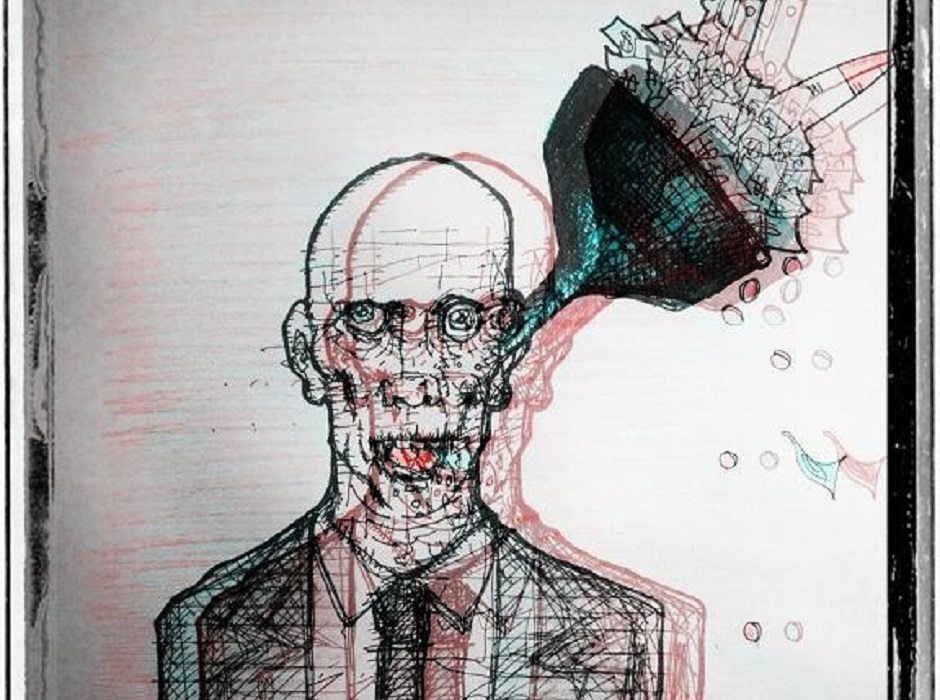[dropcap style=”font-size:100px; color:#992211;”]T[/dropcap]he startling part of this research isn’t so much that the experience of being laid off from work can cause distrust and cynicism for 9 years.
But that it implies that distrust and cynicism have an end.
People who lose their jobs are less willing to trust others for up to a decade after being laid-off, according to new research from The University of Manchester.
Being made redundant or forced into unemployment can scar trust to such an extent that even after finding new work this distrust persists, according to the new findings of social scientist Dr James Laurence. This means that the large-scale job losses of the recent recession could lead to a worrying level of long-term distrust among the British public and risks having a detrimental effect on the fabric of society.
Dr Laurence’s paper, which explores experiences in the labour market and how they spill over into the wider community, is published in the journal, Social Science Research, this month.
He finds that being made redundant from your job not only makes people less willing to trust others but that this increased distrust and cynicism lasts at least nine years after being forced out of work. It also finds that far from dissipating over time, an individual can remain distrustful of others even after they find a new job.
Dr Laurence, an ESRC (Economic and Social Research Council) Future Research Leaders Fellow at The University of Manchester, said: “People’s willingness to trust others tends to remain largely stable over their lifetime. However, this work shows that trauma like redundancy can shift people’s outlook of the world and this change persists long after the experience occurred.
“Society is still recovering from one of the longest recessions this century and much has been discussed in counting the economic costs of that. This study looks at the social costs of recession.
“Even a single experience of redundancy can lead to depressed trust and what is particularly concerning is that people reported less willingness to trust others even after they got another job. The study shows that the experience of redundancy can scar an individual’s trust in others. This has important implications not just for the person involved but for society as a whole as trust can have significant benefits, from health and happiness, to social cohesion, efficient democratic governance and economic development.”
The study examined ‘job displacement’, meaning involuntary job loss from redundancy, downsizing, restructuring, or similar.
Data was taken from periodic interviews with a cohort of almost 7,000 British adults. Dr Laurence focussed on responses from 1991, when they were 33-years-old, and 2008, when they were and 50, noting whether they had been laid off in the interim years. At age 50, the probability of expressing trust was 4.5% lower amongst those who had experienced job displacement over the previous 17 years than those who had not. That figure rose to 7% among those for who work forms a key part of their identity and sense of self.
Source: University of Manchester
Illustration by Dan Booth not to be reproduced without his express prior permission.

Some of the news that we find inspiring, diverting, wrong or so very right.



















